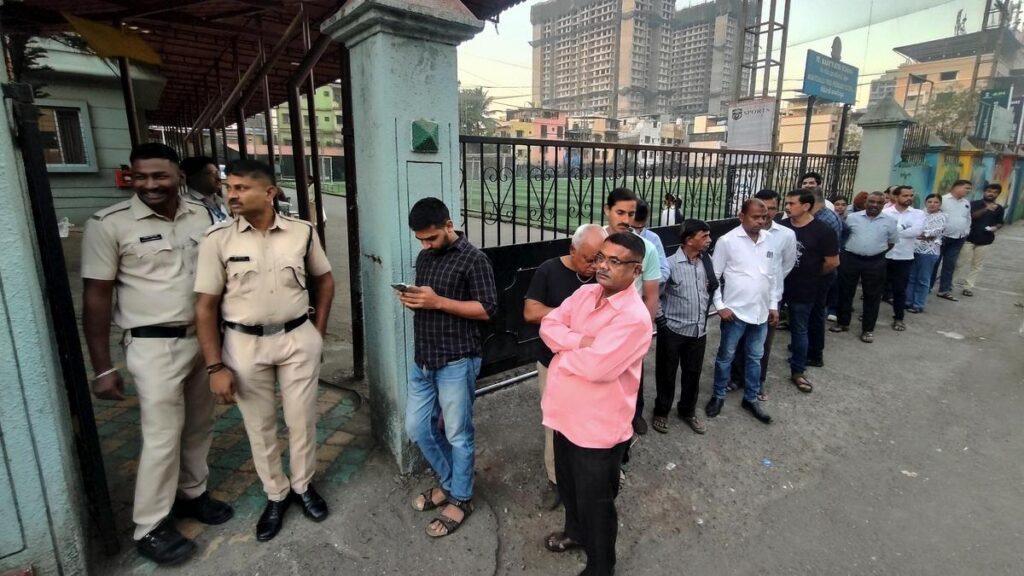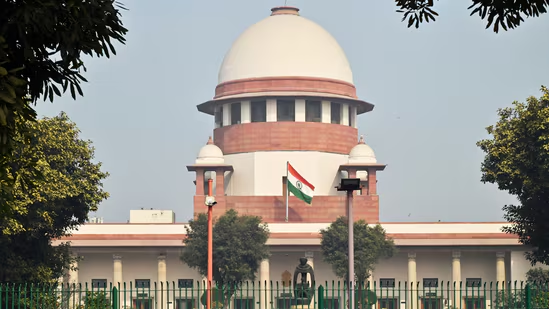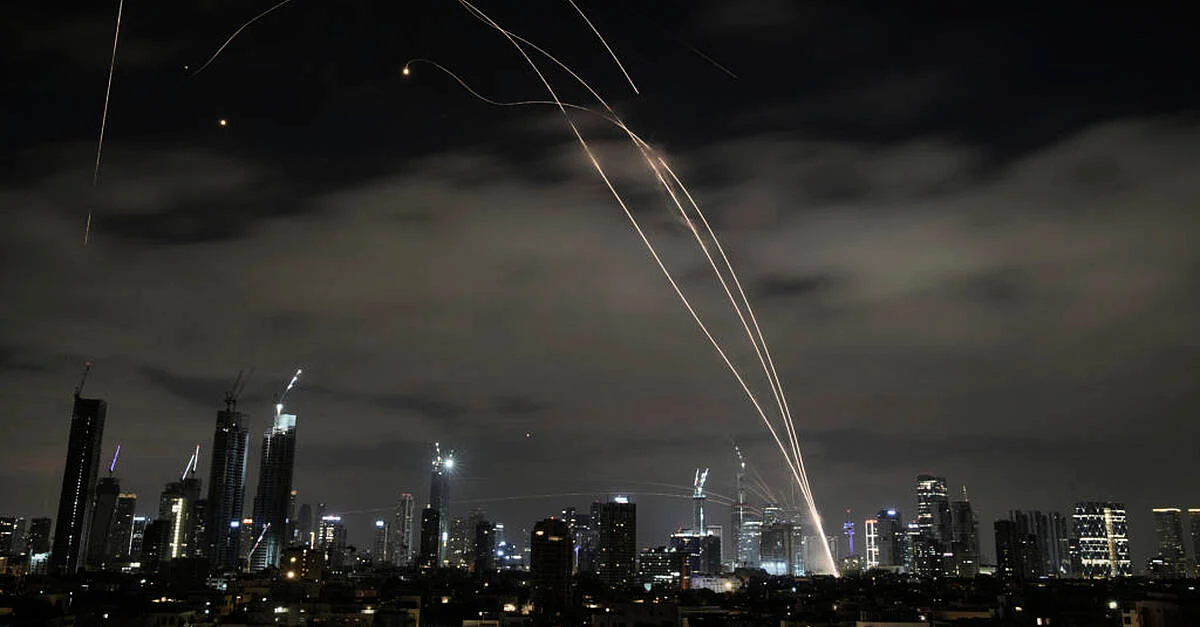Now Reading: Donald Trump Hints at Israel-Iran Ceasefire, Warns Iran May Act Within Two Weeks
-
01
Donald Trump Hints at Israel-Iran Ceasefire, Warns Iran May Act Within Two Weeks
Donald Trump Hints at Israel-Iran Ceasefire, Warns Iran May Act Within Two Weeks

Former US President Donald Trump has suggested that a ceasefire between Israel and Iran may be on the horizon, but warned that Iran could take a decisive step within the next two weeks. His remarks have added a new dimension to the already tense situation in the Middle East, drawing global attention — including from India, which has citizens and interests in the conflict zone.
Trump’s statement has sparked fresh debate on what lies ahead and how countries like India should prepare for possible escalations.
Tensions High, but Talks Possible?
Speaking at a recent event, Trump indicated that backdoor diplomacy might be taking place between Israel and Iran. While no official confirmation of ceasefire negotiations has been made, his comments have fueled speculation that some sort of resolution may be underway.
However, Trump also issued a stark warning that Iran could make a move in “a maximum of two weeks,” raising concerns that time might be running out for peace efforts.
Impact on Indian Diaspora and Economy
For India, developments in the Middle East hold significant implications. Thousands of Indian workers and students live across Israel, Iran, and nearby countries. Families in Tier 2 cities like Surat, Coimbatore, and Lucknow are closely monitoring the situation, hoping for swift diplomatic resolution to avoid disruption or danger.
Additionally, any instability in the region often leads to a surge in crude oil prices — a factor that directly affects India’s economy and inflation. If tensions escalate, it could lead to fuel price hikes and strain small businesses and transport sectors across Indian towns and cities.
Global Leaders Respond Cautiously
While Trump’s remarks made headlines, current US and European officials have refrained from commenting directly. Analysts suggest that the former President may be trying to influence the narrative ahead of the upcoming US elections. Still, his insights, especially regarding Iran’s potential actions, are being taken seriously by security analysts and foreign policy experts.
Israel and Iran have maintained a hardline stance in recent weeks, making any talks appear fragile and uncertain.
India’s Preparedness and Diplomacy
The Indian government has been quietly watching the situation. In the past, India has maintained a balanced approach between Israel and Iran, focusing on diplomatic ties and economic cooperation with both.
Security agencies and foreign missions have reportedly increased readiness to act if the conflict worsens. Evacuation plans, travel advisories, and fuel strategy adjustments are being discussed behind the scenes.
Conclusion
As Donald Trump hints at a possible ceasefire but warns of a two-week window for Iran to act, global uncertainty remains high. For India, this is not just a foreign policy issue — it’s about protecting citizens, stabilizing the economy, and maintaining peace in a deeply connected world. The coming days will be crucial in determining whether the region moves towards de-escalation or deeper conflict.

























